The Inception features a simple, streamlined design with sharp, elongated lines along the sides and windshield. From the side, it has a classic rear-drive proportion, but this is somewhat misleading, as the windshield extends all the way to the floor and a aerodynamic bridge across the front gives the appearance of a traditional hood. The dramatic sweep of the rear section further enhances the rear-biased aesthetic.
The Inception's claw-like daytime running lights are integrated into a single wide glass panel that conceals the front driver assist sensors. The taillights, which are fitted in infinity glass to give the impression that they extend deep into the car, mimic the design of the front lights. The large glass panels have a gold multi-chrome finish that adds a unique touch and helps to reflect light and heat. The wheels and some trim elements are made in part from recycled polyester fibers molded in resin.
The interior of the Inception is characterized by its minimalist, blocky design, with plain panels and seats that are almost flush with the floor. Each section of the seats adjusts to provide the perfect fit for the driver. The dashboard is only present in front of the driver in order to keep the cockpit as open and airy as possible.
All controls for the stereo, climate control, and other functions have been consolidated on the steering wheel, which is called the "Hypersquare." This rectangular steering wheel is designed to be controlled using your thumbs, so you don't have to take your hands off the wheel. The Hypersquare is also steer-by-wire, further contributing to the open feel of the front of the car. Peugeot aims to implement this system in one of its production vehicles by the end of the decade.
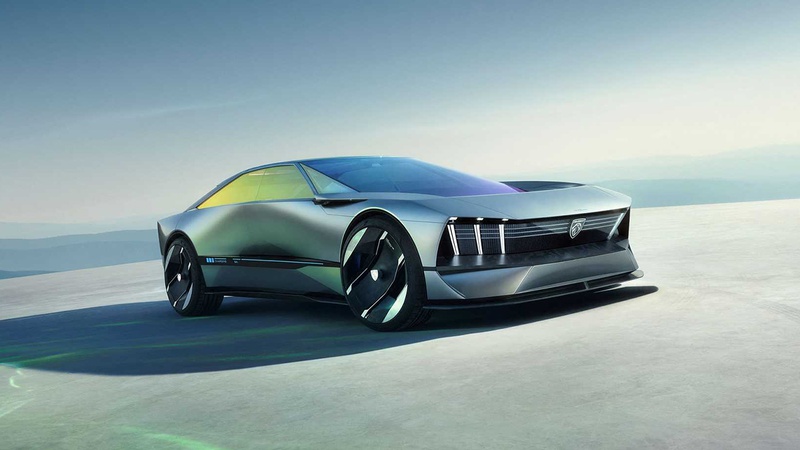
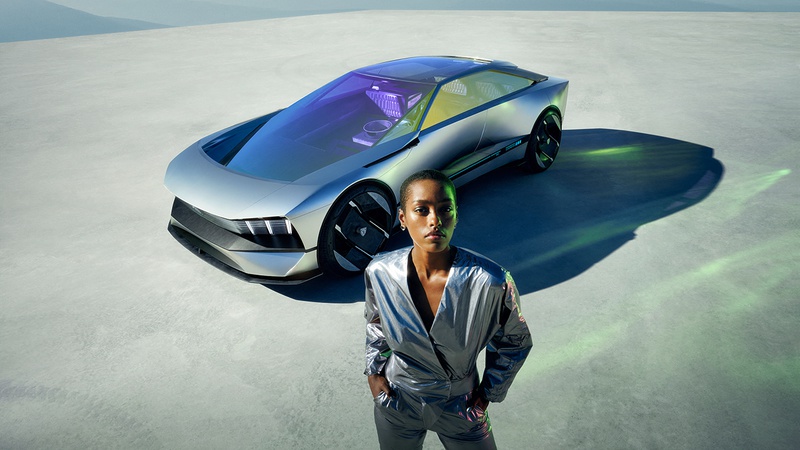
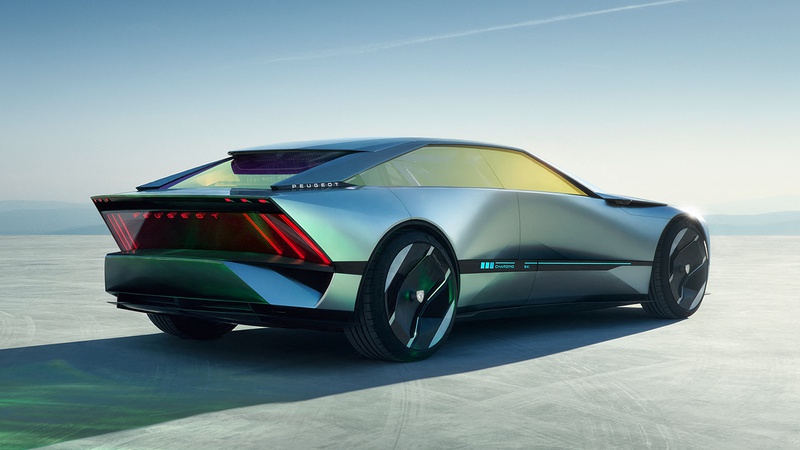
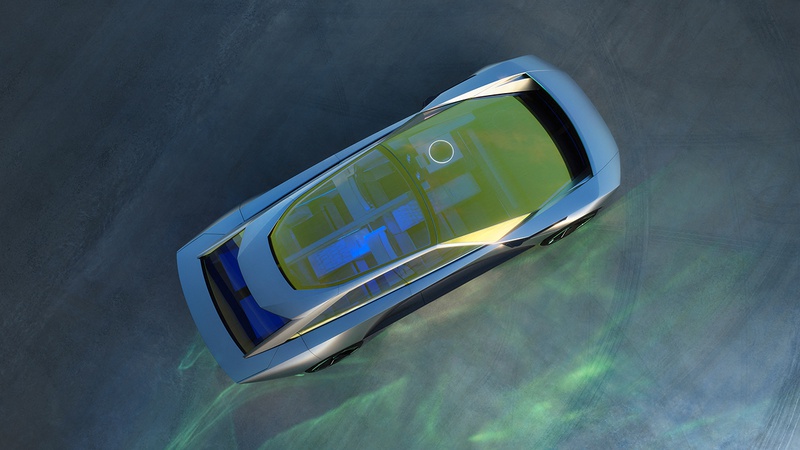
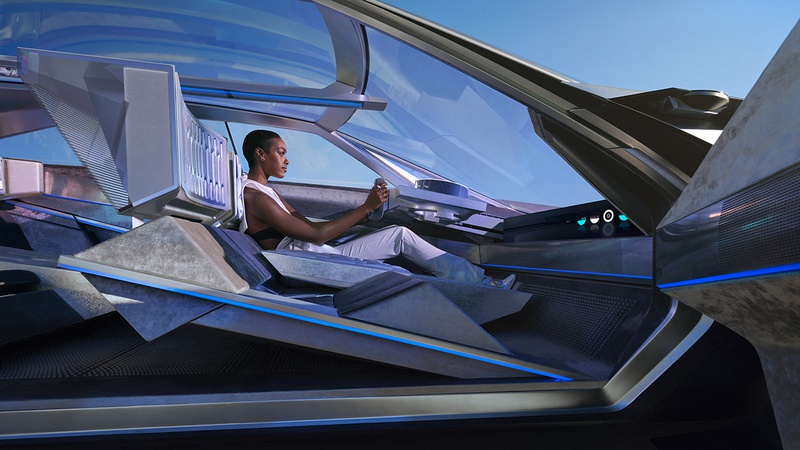
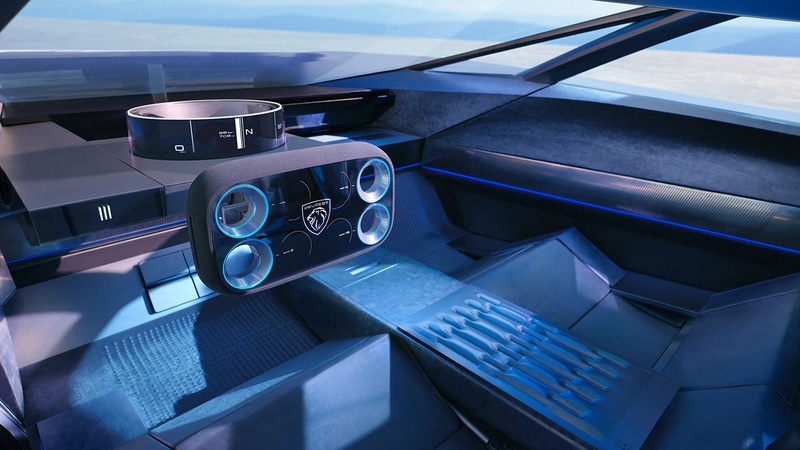
Peugeot Inception Concept
In front of the Hypersquare steering wheel is a vertical cylindrical screen that displays instruments and other information. This screen can display information on both sides, which can be useful when the car is operating in SAE Level 4 autonomous mode.
The Inception is powered by electric motors at the front and rear that generate a total of 671 horsepower. Peugeot claims that the car can accelerate from 0 to 100 km/h (62 mph) in less than 3 seconds. A 100-kWh battery provides electricity, and the company claims that the car has a range of 800 kilometers (497 miles) according to the WLTP cycle. The 800-volt battery pack allows for very fast DC charging.
While the Inception concept itself may not go into production, the design elements on display will be incorporated into Peugeot's next generation of electric vehicles. These new cars are expected to be released starting in 2025.
Source: Peugeot
.jpg)
